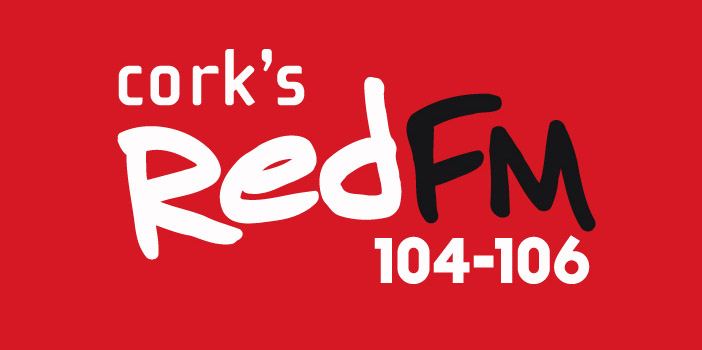The National Asset Management Agency (NAMA) will not begin operating on its scheduled date because the European Commission has not yet approved the Government’s solution to the banking crisis.
The agency’s target of February 12 to begin buying toxic bank loans is likely to be missed as the commission has extended its examination of NAMA.
Citing sources in the commission, the ‘Sunday Business Post’ also reported yesterday that a complaint from Fine Gael was also slowing down the process.
The delays are also being caused by the banks’ failure to get their paperwork completed and the Government’s failure to find investors to take a stake in the so-called special purpose vehicle — a device to ensure that NAMA’s €54bn of debts are not counted as part of the national debt by the commission, it was reported.
News of delays will be a blow to shareholders and the Government, which repeatedly said that it drew up the plans following close consultation with Brussels. Any delay will not be the first for the controversial scheme. Originally, the aim was for NAMA to buy loans from December. A major deadline for NAMA is March 30, the last day of Bank of Ireland’s financial year.
The European Commission must ensure that the Government’s solution does not distort the European banking market and is in line with bank bailouts in other member states. It has previously surprised other governments by rejecting elements of their bank bailout plans and forcing banks to sell units.
The European Central Bank is effectively bankrolling NAMA, which has been approved by the Dáil. Other media reports said Bank of Ireland is objecting to the low valuations placed on the loans it is transferring to NAMA. The ‘Sunday Tribune’ reported that the Government has valued the bank’s loans at 40pc less than their original amount.
The bank, which declined to comment, has previously said the loans will be about 30pc less. Such a difference would mean the bank would raise less money than expected when it transfers loans, making it more likely that the State will end up owning a large stake in the bank.
Shares in both Bank of Ireland and Allied Irish Banks have tumbled in recent weeks as investors lost faith in the banks’ ability to sort out their problems. The share price of both banks is less than half the share price in September.
Credit-rating agency Standard Poor’s downgraded the country’s entire banking sector last week and said it now estimates that the number of problem loans will be higher than it previously calculated. Our banking system is now ranked at the same level as Greece, the Czech Republic and Slovakia.
The rating agency said the banking crisis could end up costing us more than €50bn in the period from 2009 to 2011.
Loan losses for Irish banks will probably amount to about 10.7pc of all loans in the period between 2009 and 2011, forcing the banks to write off €36.7bn.
The ratings agency added that there was a danger of a “stress scenario” with total losses of about 14.6pc of loans or €50bn over the period between 2009 and 2011.
This scenario would arise if the economy deteriorated and the price of property plunged further than current estimates allow, it said.



